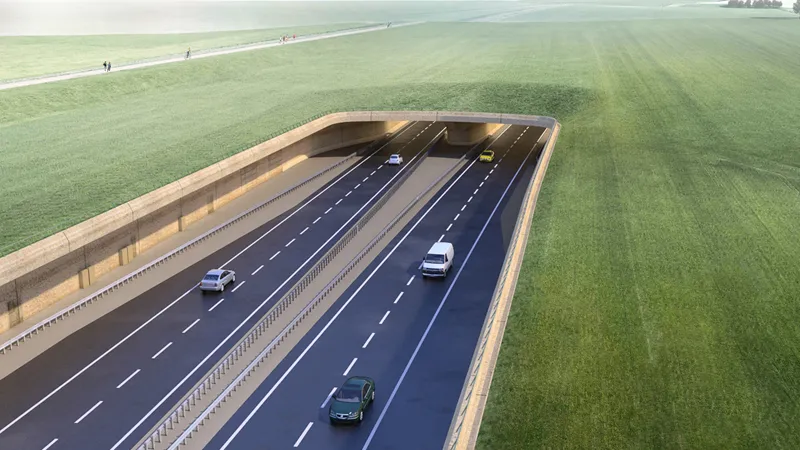
New data on UK road deaths reveals a cause for concern. The latest figures show that road deaths have increased on the UK’s Strategic Road Network (SRN).
According to Highways England, there were 250 deaths on the SRN in 2018, compared with 236 in 2017. This is the highest rate of fatalities on the SRN since 2009, when there were 255 deaths. Motorways were safer in 2018 with 85 road deaths recorded, compared with 79 in 2017. However, A roads proved more dangerous with 102 deaths on dual carriageways and 63 on dual lane routes, an increase of 20 compared with 2017.
At the moment 2018 is the latest year for which comprehensive road death data is available. But there is concern too that the figures for 2019 may be worse still.
The cost of collisions on the SRN came to £1.195 billion in 2018 according to the data from Highways England. This compares with a figure of £1.115 billion in 2017.
In 2018, 144 car occupants, 42 pedestrians, 32 motorcyclists, 28 goods vehicle occupants and a cyclist were killed in crashes on the SRN. Meanwhile, serious injuries from crashes on the SRN increased to 1,737 compared with 1,617 for 2017. Again, A roads were the most dangerous SRN routes and accounted for 1,015 of the serious injuries in 2018 compared with 722 on motorways.
There was at least a drop in slight injuries, with 11,393 for 2018 compared with 12,372 for 2017. The UK’s busy M25 also showed just how much traffic it carries too, accounting for 1,987 of the deaths and serious injuries on the UK’s SRN by itself.
Massive cuts in budgets available for traffic policing have been criticised by senior police officers. The officers claim this cut in policing is a key cause in the increase in road deaths and serious injuries. In the period from 2013-2019, there was a 34% drop in spending on traffic policing, resulting in fewer crackdowns on typical offences such as speeding, drink/drug driving, lack of seatbelt use and the use of mobile phones at the wheel.
Between 2015 and 2018, the number of breath tests carried out on drivers in England and Wales fell by 25%. There has been a corresponding increase in serious crashes involving the use of alcohol by drivers during this period. In addition, there has been an increase in the number of vehicle occupant deaths in which the casualties have not been wearing seatbelts during this same period, up from 20% in 2013 to 26% in 2018. During this period, the number of vehicle occupants charged with not wearing a seatbelt dropped by 75%.






